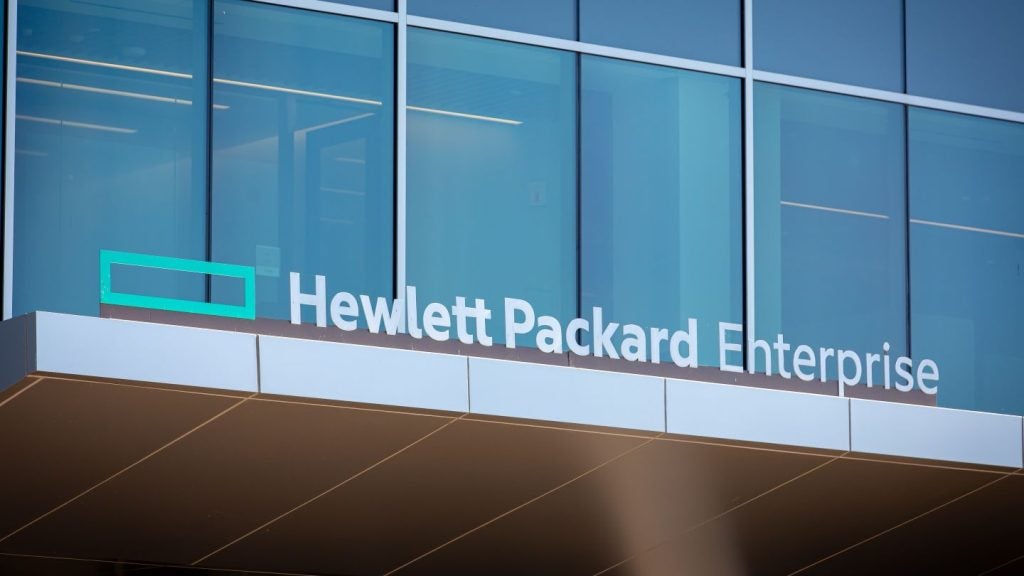
Some 44% of IT leaders believe the additional red tape from Europe’s GDPR rules has hampered digital transformation, according to a survey of a 100 UK IT leaders by Macro 4.
GDPR is a set of regulations in EU law on data protection and privacy, which came into effect on the 25 May 2018. Five years on, US Big Tech firms are still getting caught in its cross hairs.
Meta was issued a record $1.3bn fine on 22 May 2023, by The Irish Data Protection Commission for not complying with the EU’s privacy rulebook. Amazon was fined $8.87bn by the Luxembourg National Commission for violating privacy rules on 31 July, 2021.
While GDPR has been credited with protecting user data, the red tape it entails is thought to have stifled tech innovation. Verdict spoke to Matt Cooper, senior risk and compliance manager for data compliance platform, Vanta, about the effect of GDPR on US tech firms. Cooper explained that he believes GDPR has had a positive overall effect by setting the tone globally for privacy prompting other countries to try to copy it.
However, Cooper compared the unequal footing that Big Tech has experienced with GDPR compliance when compared to the smaller start-ups: “the focus here is going to be B2C consumer facing organisations, especially, European based consumer facing organisations and Big Tech, they’re getting all of the all the focus right now.”
While lawmakers have pushed for innovation in privacy enhancing technologies (PETS), they have arguably stifled technological innovation in other areas. Cooper explains that EU-based companies have developed an “avoid strategy” by largely establishing a corporate requirement that their data cannot leave the EU.
“From an innovation perspective this is potentially bad for both parties. The EU companies are not able to use cool, new products which could have been an input or facilitator of their own innovation, and the innovative US company can’t sell into the EU (to this customer) and grow their business and revenue accordingly,” said Cooper.
Cooper explains that Big Tech has an advantage when it comes to implementing regulation as it can afford to hire engineers in Europe. However, a US based start-up, whose engineering team is in the US, can’t afford the same luxury.
In fact, US based companies could suspend their services because of the strict regulation. Cooper points to Meta’s threat to suspend its transfers form the EU: “I can only imagine the millions of Facebook users in the EU aren’t going to love that, right?”
The future of data regulation is uncertain. Cooper questions whether the tech industry might see an international structure that allows for the free movement of data, “kind of the Internet as we know it today”. Perhaps we will have a “segmented localised internet…where you can exchange data between different…nationalities because of fear and concern about each other’s legal environment?” said Cooper.







